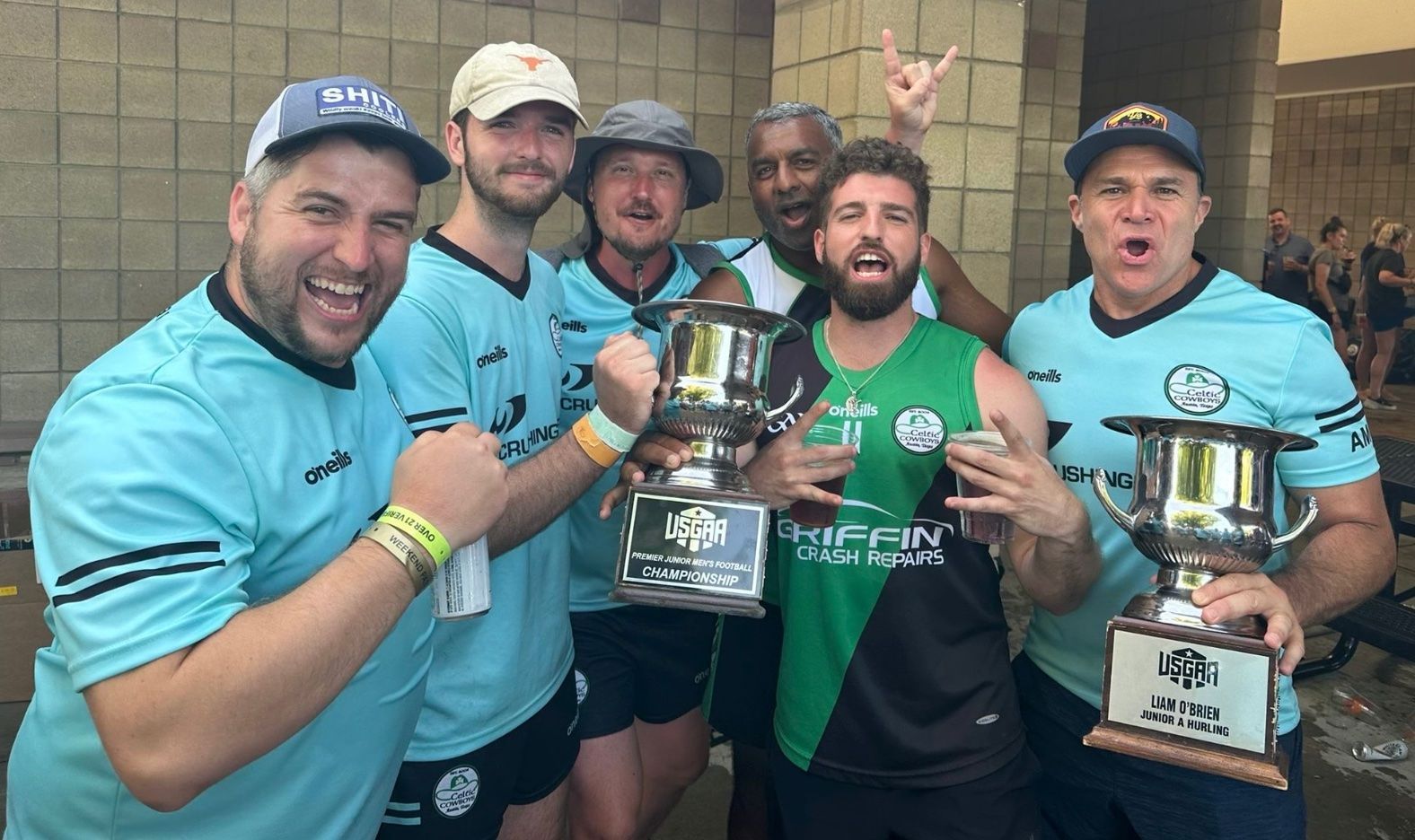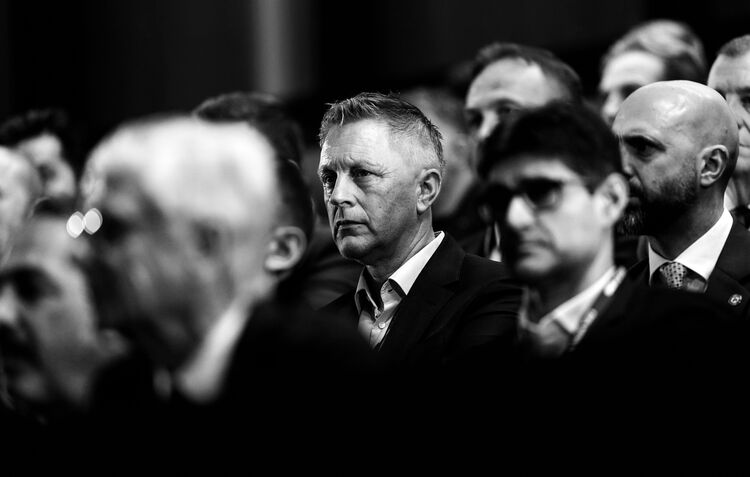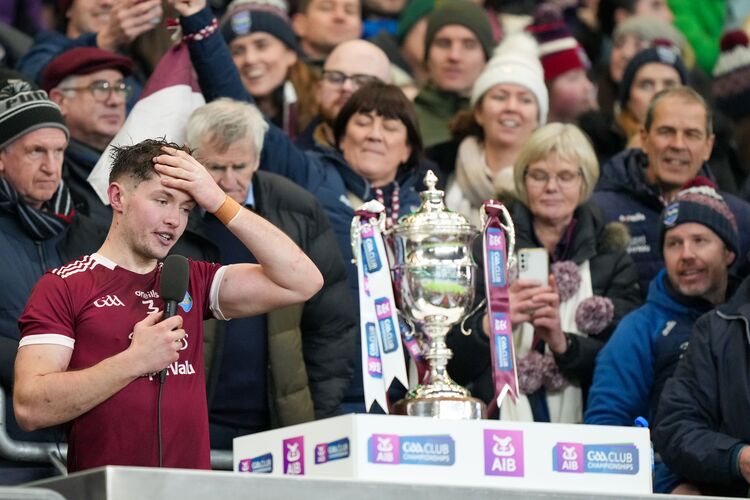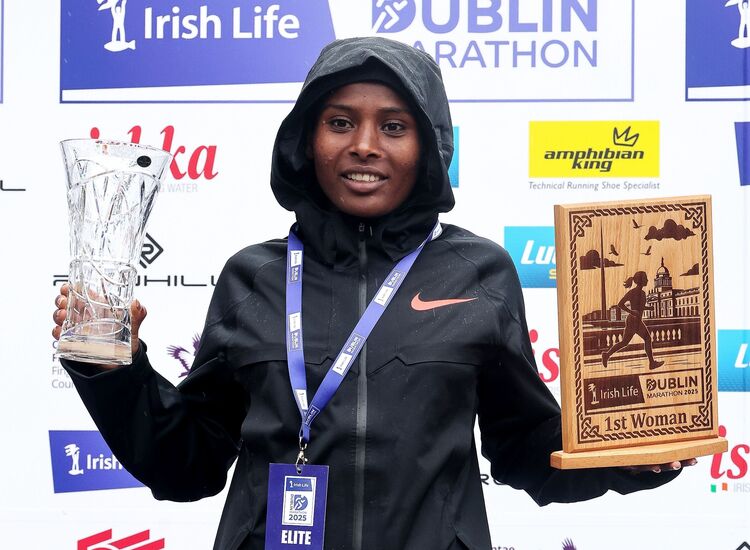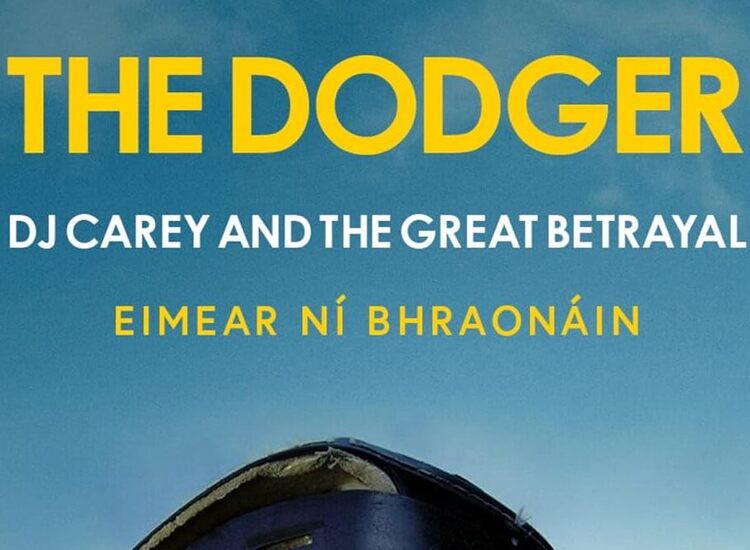As a third generation Irish-American, I have always been familiar with hurling and Gaelic football, as my father and uncles played football in New Jersey as kids in the 80s. Nonetheless, until I reached my early 20s, I had never participated in an organized match in either code.
This would soon change as I dove headfirst into training with Austin, Texas’ Celtic Cowboys GAA, founded by Limerick man Pat Doab in 2004. It was trial by fire for me as one of the few Americans in a mostly Irish-born men’s side, but in time I would learn both codes and join the team for our national championship victories in 2021 and 2023.
The fact that a lifelong Texan a number of generations removed from Ireland plays Gaelic football and hurling often comes as a surprise to those I meet when I make the trip over the water. Even more surprising is that there are clubs in locations as far-flung as Moscow, Cambodia, and New Zealand.
Huge congrats to the new Los San Patricios Mexico City GAA club, who made their debut in Austin this weekend - three wins in three games - not bad for the first time out! Thanks to Austin for being such wonderful hosts. @officialgaa @GAA_USA @IrishEmbMexico @IrelandCGAustin pic.twitter.com/CFLt5hfejq
— Maeve von Heynitz (@IEAmbMexico) May 22, 2023
The GAA has expanded beyond Cusack’s wildest dreams. Despite the growth of the games worldwide, there is more that can be done to promote their uptake, especially in the U.S. among those of Irish descent.
Grace Healy of the Celtic Cowboys was born in Galway and moved to Austin as a child. She tells me that the demographics of the women’s team varies from year to year and that, although the team has an Irish presence that fluctuates, it is now made up mostly of Americans with no Irish connections. “Gaelic football combining skills of basketball, volleyball, and soccer is an incentive for those who want to try a new sport," she says. "However, the off-field aspects of the GAA are just as important. The biggest motivation is that the team provides a great community for everyone.”
In Ireland, having a physical clubhouse with pitches dedicated to Irish sport where children can learn the games remains an antidote against the erosion of culture and community. It is also the missing piece for many clubs in the U.S. that stagnate in growth and lack investment from Americans of Irish descent.
Joey Williams, another third-generation Irish-American, played Gaelic football from age 6 in the youth system of San Francisco. "The Irish community is quite strong in San Francisco," he says. "There is a level of commitment to excellence starting at the lowest age groups.”
Congratulations @DallasGAA and @CelticCowboys on your success @GAA_USA finals this weekend. 🏆Fantastic to see the many great teams in this region so well represented in Denver! pic.twitter.com/44nV7JTXDE
— Irish Consulate (@IrelandCGAustin) August 22, 2023
In recent years, San Francisco GAA has invested in a clubhouse and impressive GAA-specific pitches on Treasure Island, a fixture often found in the historic hubs of Irish immigration to the U.S. These facilities lend legitimacy to Gaelic games, especially as other sports compete for the participation of Irish-American youth. If the GAA wants to see continued growth of the games abroad, supporting the acquisition of playing fields and clubhouses is crucial.
P.J. Mullally, an Offaly man who moved to Austin with his wife and children in 2012, founded a youth program for the Celtic Cowboys – alongside Clare’s Sean O’Reilly – shortly after his arrival.
While participation in the program remains steady with a mix of players from Irish and other backgrounds, Mullally notes that “Irish kids here in Austin play many sports, soccer and basketball mostly”.
"We can’t really compete against these sports that have well-established leagues and opportunity for high level competition," he adds. "In terms of support from the GAA for growing the game among youth in America, I would like to see more marketing. And with increasing Irish communities in Dallas, Houston, and San Antonio, maybe sometime we will have a youth championship in Texas.”
While the GAA has done a great deal for growing the games outside of Ireland, a golden opportunity exists in the Irish diaspora communities that are emerging in non-traditional destinations like Texas. The desire already exists in these communities for a GAA system, but focused digital marketing towards Irish-American youth is essential in promulgating the game further in the age of globalization. If the GAA can successfully market the game while supporting clubs’ efforts to acquire grounds, the growth of the games, Healy, Williams and Mullally agree, will know no bounds.

